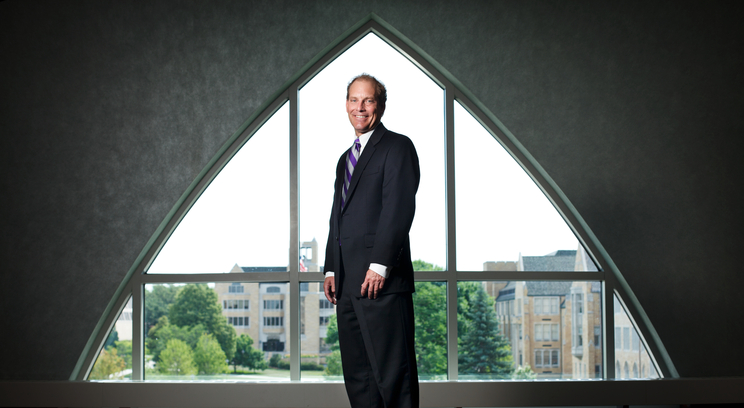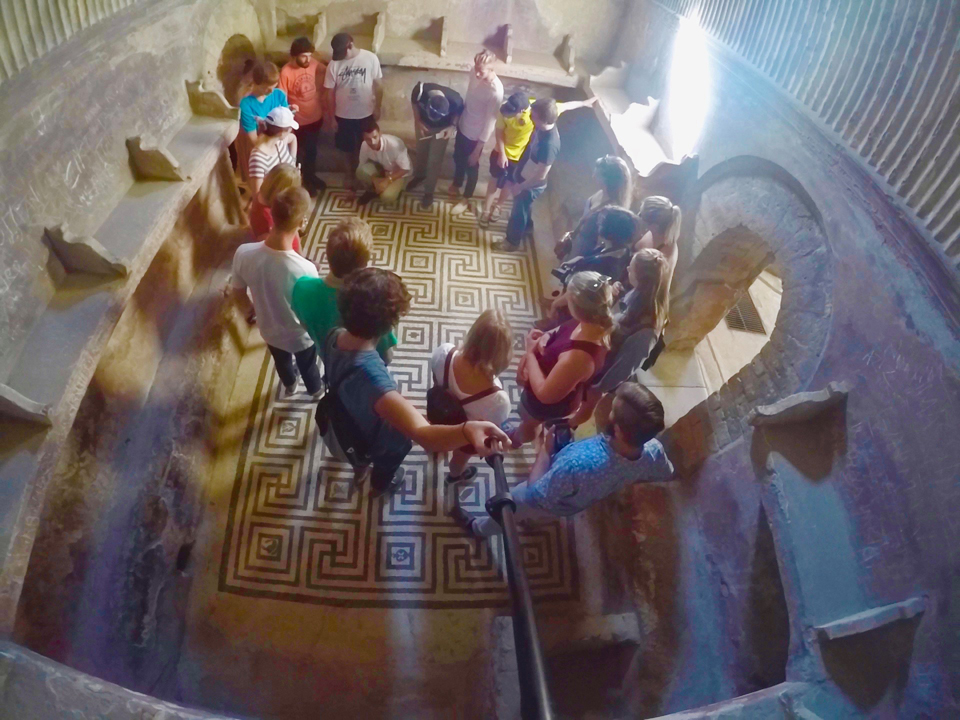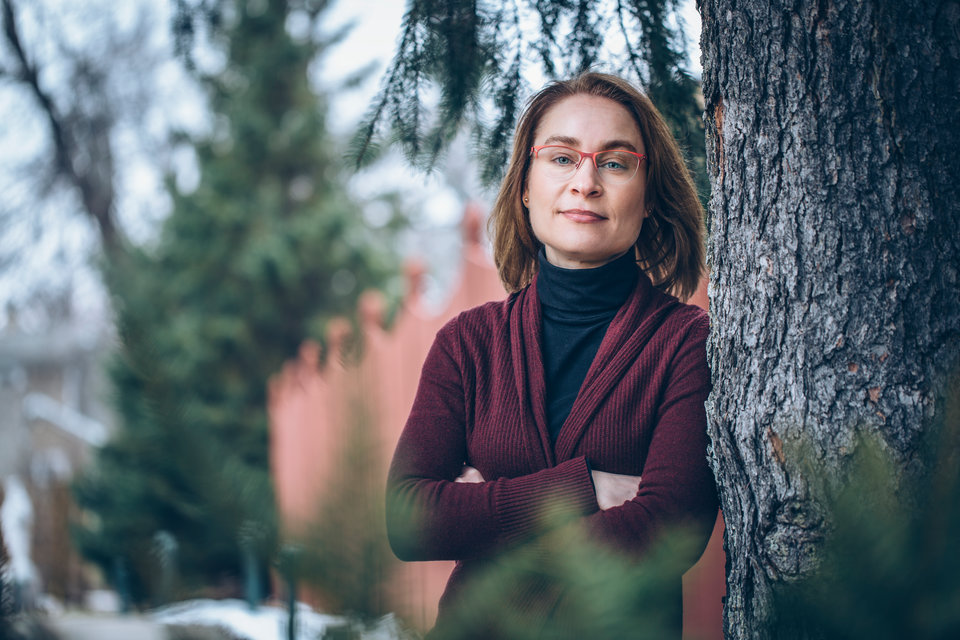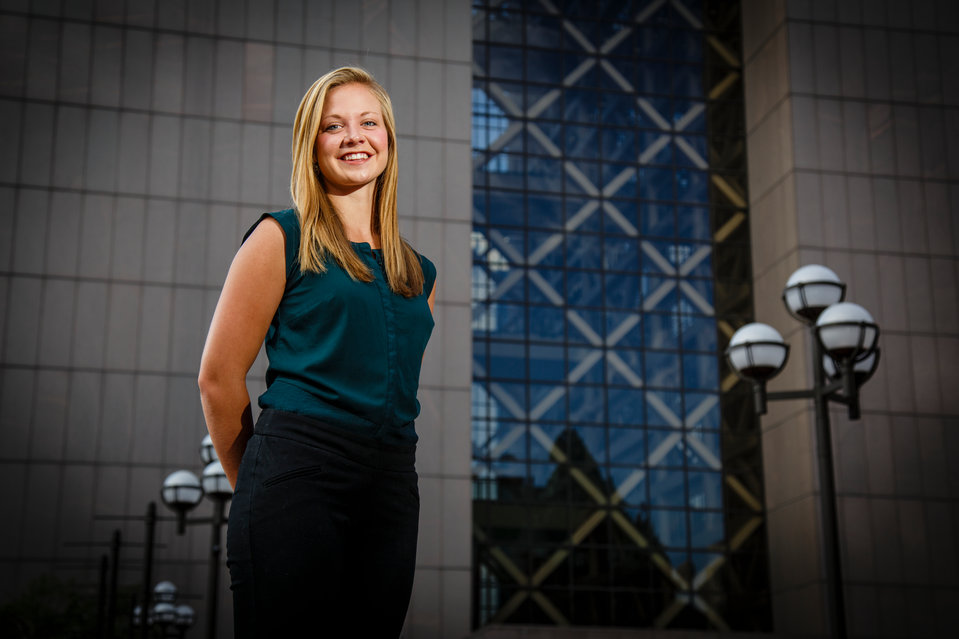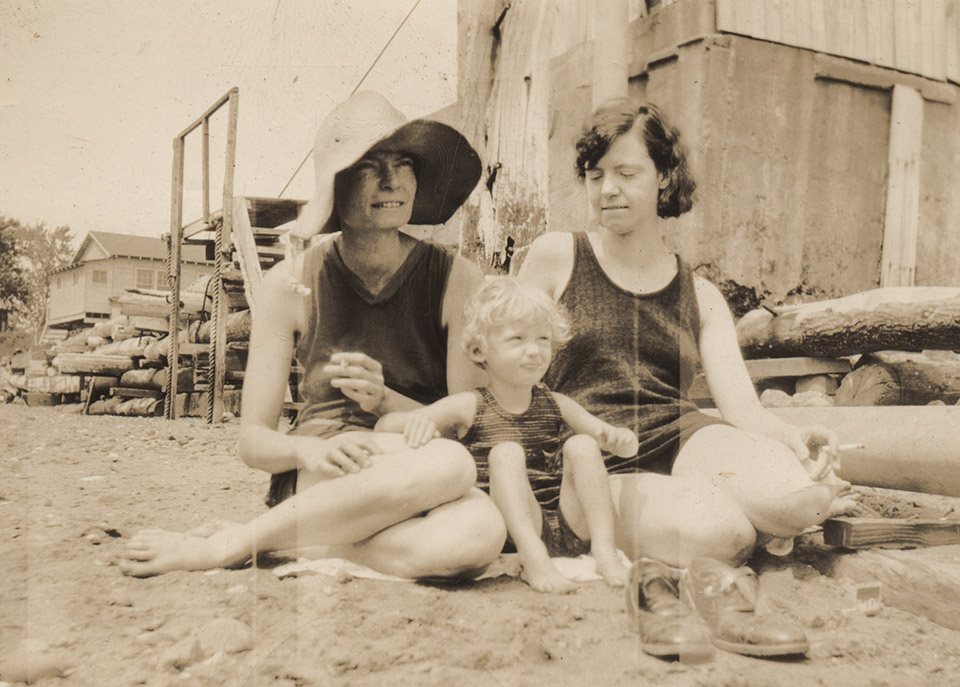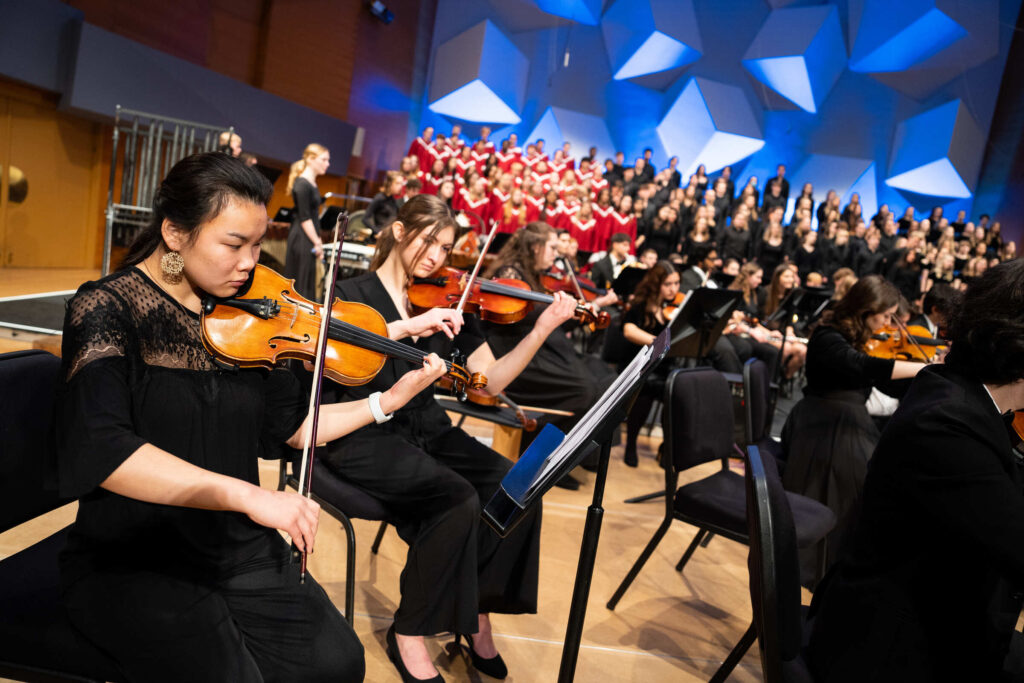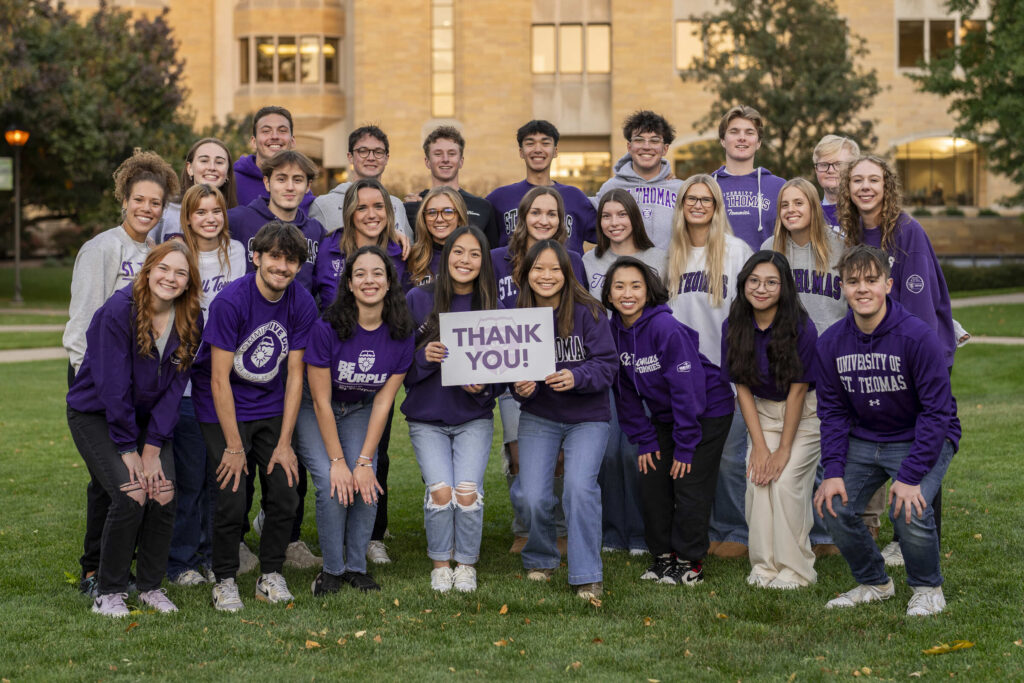With an undergraduate finance major and a mini-master’s in health care from St. Thomas, Brian McEnaney was well-prepared for the technical requirements of a career in software and health information systems. He currently works with Alliance Healthcare Solutions. His experience in core liberal arts classes at St. Thomas shaped his approach in working with health care providers and in community engagement. His enjoyment of the Music Department’s Christmas concerts led him to the CAS Board of Advisors, of which he became the chair this fall.
First, how would you describe a liberal arts education and what value it has today?
A liberal arts education is a lot more than getting people to think critically. It is also about inspiring the desire to observe the world around us and to place events and ideas in proper context, to understand where things have come from historically, and then to think about where we are going in the future. We need to build upon old knowledge and ensure that we’re taking “new” knowledge and turning it into wisdom. Certainly a liberal arts education should be about sparking desire to serve others and to empower people for the greater good.
When you served on the search committee for the Dean of the College of Arts and Sciences, what answers resonated with you?
On the Dean’s Search Committee, I was looking for a marriage of functional and strategic, both day-to-day management abilities and painting a vision about the future of liberal arts education. I was interested in hearing about areas of opportunity that St. Thomas should explore. Finally, I wanted to see how the candidates would defend a liberal arts education in a world where ever-higher priority is placed on function. I learned more from their answers than I had anticipated and, interestingly enough, I’m convinced that a liberal arts education is more important than ever. We’ve got to resolve this strange disconnect in the world: While function and specialization are the headlines, research says creative thinking is more important than ever and drives the modern economy. My hope is that CAS will address and help resolve this disconnect.
Your profile on the CAS Board of Advisors includes words such as “software,” “technology,” “finance,” “marketing,” “start-up,” and also “public policy,” “arts,” “connector.” How do you connect these words that many people would describe as belonging to different worlds?
They’re really not different worlds. Like most people, I simply have a wide range of interests. Of course, if you just list one’s interests and activities on paper, they often look like disconnected silos. In reality, they are simply a few of the details that make up the person. I don’t think that I’m particularly unique in that regard. Healthcare is complex and evolving.
What are the most rewarding aspects of your work in this area?
I work with software designed for the outpatient care setting – a doctor’s office. I focus on process change: What we did yesterday won’t work well in tomorrow’s world. What I find rewarding is getting a health care setting from where it has been to where it will need to be. We still need to heal patients; we still need caring, compassionate providers who are world-class diagnosticians. But we need to deliver services more efficiently and effectively, and we can’t do that with yesterday’s technologies and processes. This means change, and how we achieve that without disrupting the patient-provider relationship is important to me.
Could you mention courses that made a lasting impression on you, or shaped your outlook on career and community?
Most of the courses that made an impression on me came from the core curriculum. I think if you poll most students years after they graduate, you’d find some of their favorite classes were in the core curriculum. My interesting courses were all over the map. I really enjoyed music lit., English, history, and some of the introductory theology and philosophy courses. You know, the introductory classes have high value and often leave lifelong impressions. I hope that faculty recognize the impact they have on students.
What is it like becoming so actively involved with CAS, years after graduating, and what are some of the best experiences so far?
It’s been rewarding because St. Thomas has a wonderful sense of community. A few areas stand out in particular: I’ve had the privilege to spend time with a number of department chairs and faculty members and am struck by their talent, dedication and enthusiasm. That translates to a healthy learning environment, and I think the faculty should be very proud of what they’re building. Recognizing the job that CAS faculty are doing in educating future leaders who can find solutions has been very rewarding. I’ve enjoyed learning more about the opportunities and challenges facing CAS, the university, and more broadly, higher education in general. As well, I’ve found that working with the talented and enthusiastic people on the Board of Advisors has been really fulfilling. Finally, it’s been wonderful to see how UST’s profile has grown within the broader community, and for all the right reasons. That points to a dynamic and thriving organization that’s successfully serving its core mission.
Looking ahead to the next decade, what would you like to see happen at CAS and UST? How might other alumni get involved with the future of CAS and make a difference?
It’s critical that CAS be highly strategic in pursuing opportunities. It can’t be everything to everybody, so it must have a firm grasp on the core fundamentals – its reason for being – and stick to them. It must have a clearly defined identity, both on campus and within the broader community. Finally, it must be outward looking and vigorously pursue and defend its core liberal arts mission. Alums can get involved in countless, good, formal ways, but I would also encourage them in unofficial ways. Your interests can drive your involvement. Let your interest be your guide and feel free to raise your hand. Rest assured that you’ll find someone at St. Thomas welcoming you.
Read more from CAS Spotlight.
